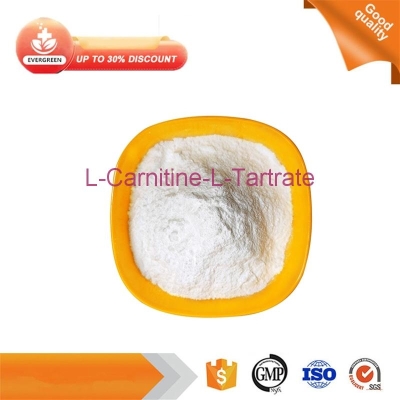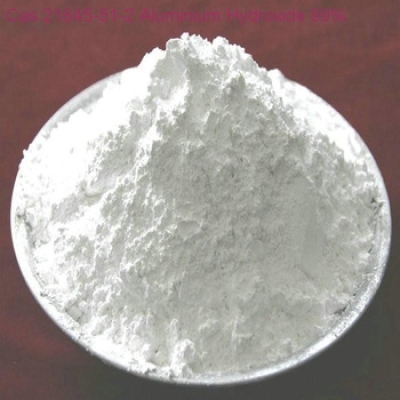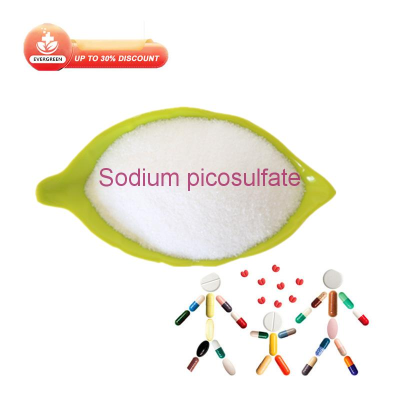-
Categories
-
Pharmaceutical Intermediates
-
Active Pharmaceutical Ingredients
-
Food Additives
- Industrial Coatings
- Agrochemicals
- Dyes and Pigments
- Surfactant
- Flavors and Fragrances
- Chemical Reagents
- Catalyst and Auxiliary
- Natural Products
- Inorganic Chemistry
-
Organic Chemistry
-
Biochemical Engineering
- Analytical Chemistry
- Cosmetic Ingredient
-
Pharmaceutical Intermediates
Promotion
ECHEMI Mall
Wholesale
Weekly Price
Exhibition
News
-
Trade Service
Inflammatory bowel disease (IBD) can be treated continuously and simultaneously.
treatments are selected according to the esolysic stratity of the disease.
About one-third of IBD patients treated with anti-tumor necrotics (TNF)-α are drug-free, and in clinical practice, especially in pediatrics, the need for biomarkers becomes extremely strong due to the difficulty of endoscopy and histological evaluation.
study aims to try to predict treatment responses by identifying microRNAs (miRNAs) associated with the response of children with inflammatory bowel disease (IBD) to the fight against TNF-α or glucoticoids.
: The patient's clinical response to the drug was assessed by the Child Crohn's Disease Activity Index and the Child Ulcerative Colitis Activity Index.
quantitative real-time polymerase chaining method, which is based on the Taqman low-density array card, is used to identify the type and level of miRNA in the queue of the reactor (n s 11) and the non-reactor (n s 8).
selected seven serum miRNAs associated with the clinical response of the treatment, as well as four previously identified (miR-146a, miR-146b, miR-320a, miR-486) for further study.
also analyzed the expression of miRNA in inflamed mucous membrane biopsy tissues from IBD patients and non-IBD controls.
study found an increase in expression in five of the seven miRNAs identified by the queue analysis in connection with the treatment response (miR-126, miR-454, miR-26b, miR-26a, let-7c) and two (miR-636, miR-193b).
in the validation queue, seven of the 11 candidate miRNAs that fight TNF-α therapy, glucoticoids or both, changed in the same direction.
in mucous membrane biopsies, there was a significant increase in the content of 7 of the 11 miRNAs in IBD compared to the healthy control group.
study identified five candidate miRNAs (miR-126, let-7c, miR-146a, miR-146b and miR-320a) associated with clinical response and mucosal inflammation in children.
these miRNAs can be further developed as pharmaceutical ller effects and reaction monitoring biomarkers for clinical care and trials.
.







